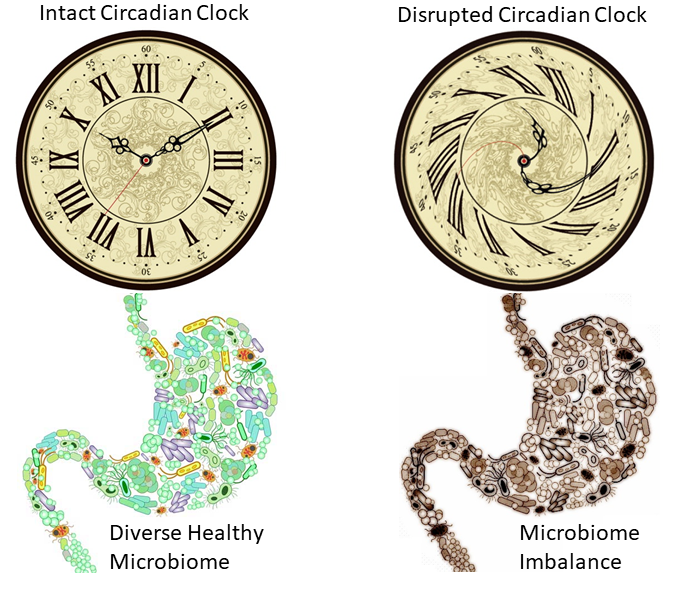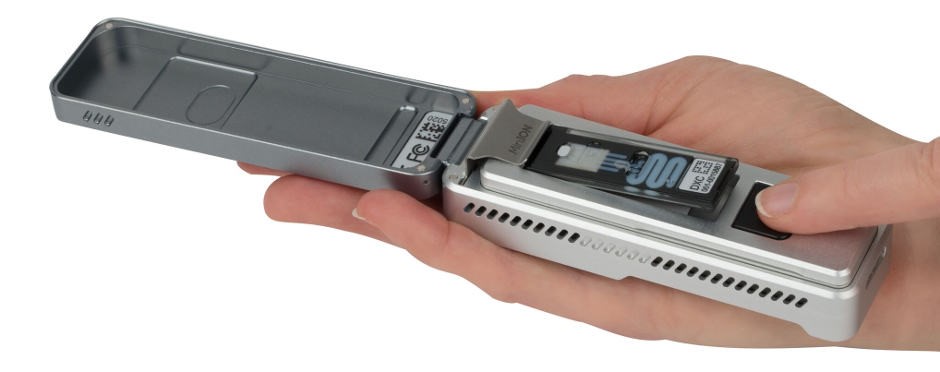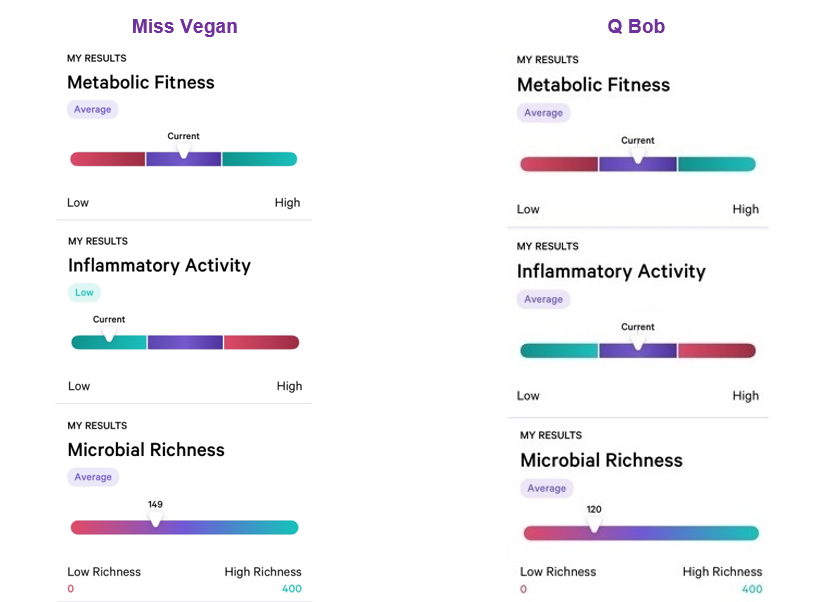In 2013 two services, American Gut and µBiome (pronounced you-biome), launched through the crowdfunding website Indiegogo to sequence the human microbiome of anyone interested in doing so. In 2014, an intrepid blogger, decided to donate her used toilet paper to science. What she found out is that the results of the two services were almost complete opposites in regard to the proportion of certain bacteria that can say a lot about diet and health.
She wrote:
It turns out that I’m not the only one to notice problems with the companies’ fecal microbiome analysis. One blogger found differences between the microbes taken from two different parts of the same, uh, sample.
…
So what could have gone wrong with my microbiome? Perhaps the samples weren’t collected right. According to American Gut’s sampling instructions, too much brown stuff can interfere with the methods the scientists use to break open bacteria and pull out the DNA inside. Too little and they might not get an answer at all. I thought I had used Goldilocks-like precision, and that one — or maybe both — of the sequencing services must be wrong.
Another possibility: corrections to the data may differ between companies. Another blogger, who is a bioinformatician, got different results than American Gut reported to him when he used his own software to analyze the raw data. It turns out that some bacteria grow while in the mail and can take over the sample, so American Gut corrects the reports it sends to participants to account for that overgrowth.
In the end, I thought I’d go right to the experts for the straight poop. I approached Jessica Richman, one of the cofounders of µBiome, and Rob Knight, one of the leaders in the microbiome field. His lab group runs the American Gut project as part of their quest to learn how diet, lifestyle, geography and other variables influence the microbiome.
She mentioned that the Microbiome Quality Control (MBQC) project would bring some consistency to the field and that was in 2014. Almost 1.5 years later, in December 2015, the microbiome quality control project published a paper on “Baseline study design and future directions” reporting on the first MBQC baseline study project and workshop. Clear cut protocols that guarantee trustworthy results are being designed but still not fully implemented:
There was a consensus across the MBQC participating groups that although microbiome measurements face substantial challenges, this baseline project was very successful and represented impressive progress towards the overall goal of establishing practical guidelines for reproducibility within labs over time and across the field.
We expect that for those of us who waited long enough to sequence our microbiome, we will benefit from all the research that was conducted into establishing those quality control guidelines that make microbiome studies reproducible and reliable. That is why I sent my Q-Tips to American Gut last week! Now I am waiting for the results.






 There is no doubt that the little bugs that live inside our bodies and on our skin affect our health and well-being, even
There is no doubt that the little bugs that live inside our bodies and on our skin affect our health and well-being, even 